“Space Cadet” is ready for launch.
The animated feature – screening in Annecy’s Contrechamp section – has shot for the stars in multiple territories for Urban Sales, selling to BAC Films (France), Filmin and Vercine (Spain) Benelux – Periscoop (The Netherlands), JEF (Belgium), Eksystent (Germany), Filmladen (Austria), Folkets Bio (Sweden), Angel Films (Denmark), Fivia (Ex Yugoslavia), Alfazbet (Japan), Hope Content (Taiwan) and Aeon Entertainment (Vietnam).
“People keep telling me it made them cry,” admitted director Eric San, better known as Canadian scratch DJ Kid Koala. The story is based on his own graphic novel, which he wrote back in 2009, following his grandmother’s passing.
“She enjoyed Charlie Chaplin films. That’s one of my fondest childhood memories: watching Chaplin with her. She would come visit us in Canada and didn’t speak a word of English. These were the only movies we could share together.”
At the time of her death, he was also expecting the arrival of his first daughter.
“My brain literally went in two different directions. I kept reminiscing about the times I’d spent with my grandparents and my parents, these special moments that really shaped my personality and my outlook on the world. Then I was also thinking about my daughter and the things I could share with her,” he recalled.
“When people talk to me about the movie, they mention sadness, but I feel it’s more bittersweet. I value that I got to spend all that time with my grandmother and all the profound things she taught me.”
Funnily enough, in a film dedicated to “our grandparents,” they are nowhere to be found. Instead, little Celeste spends her days with a kind guardian robot. Her mum is an astronaut, away on dangerous missions. When Celeste grows up, she also decides to reach for the moon, but her old robot needs to stay on Earth.
“Watching Chaplin with my grandmother inspired me to learn about film production and art, but it also made her laugh, and I’d never seen that before. She was quite stoic, or maybe just a little shy. Even at six years old, I remember thinking: ‘When I grow up, I want to create this kind of energy in a room.’ My career has taken different courses, but at its heart, there’s this idea of sharing fun and emotion, and creativity, and bringing people together.”
As Kid Koala, he has toured with Radiohead, the Beastie Boys and Arcade Fire, he’s contributed to soundtracks for “The Great Gatsby” and “Baby Driver” and composed music for Cartoon Network, Sesame Street and Adult Swim. Music is also important in his dialogue-free film.
“It deals with cycles of generations, and there are flashbacks allowing you to understand the special bond between Celeste and her guardian robot. I wanted them to feel nostalgic. I went back to my first instrument, which was piano.”
In the past, he accompanied the original graphic novel with an album as well.
“My daughter had just been born, and her crib was just six feet away from my piano. I recorded it with headphones: these were essentially lullabies. I remember writing it with my right hand and holding her in my left, trying to soothe her. A lot of these musical cues were brought into the film.”
He felt the songs in “Space Cadet” needed to be “comforting moments,” and came up with new versions of some established classics. He also had some help. “I reached out to literally my shortlist of favorite singers on the planet. Karen O, Emiliana Torrini, Trixie Whitley, Martha Wainwright, Meaghan Smith and Ladybug Mecca from Digable Planets.”
Celebrating life’s little moments was a priority in the story.
“My older daughter just graduated from high school this week, and I was so glad I could be there for that. It was a big milestone. But looking back on my childhood, it was some of these days that my parents don’t even remember that really stand out.”
He added: “The idea of every moment being a gift is something I’ve always tried to remember, but the operative word was ‘space.’ I’m a scratch DJ – it’s easy for me to fill every second with noise. But I needed to give space to the story and music, and space to the viewers for them to think about their own childhood.”
The film marks a “full circle” moment for San. After graduating from high school, he applied to NYU, thinking about pursuing animation. That dream had to wait.
“I was accepted, but it was very expensive for us at the time. I chose not to pursue it. Instead, I studied to become an elementary school teacher. Later, even when I signed my first record deal, I would still draw my album covers and create comic books.”
Ginette Petit, who produced “Space Cadet” for Les Films Outsiders with Nathalie Bissonnette – with Mylène Chollet writing the script – came to his tour and bought the book.
“Two weeks later, she reached out, saying: ‘I want to turn it into a movie.’ I never expected it to happen.”
San is currently showing the film at Annecy, where “all these sensitive, introverted animators finally get to cut loose, yelling and throwing paper airplanes at the screen.” But it might not be a one-off experience.
“I would like to maybe follow a different character within the same universe. So many of my stories seem quite fantastic – a mosquito plays clarinet, moves to the big city and tries to join the orchestra – but I was also thinking about ‘Space Cadet’s’ delivery bot. It delivers parcels every day and gets an insight into so many lives.”
Before that happens, he hopes his film, and the story it tells, will help people process grief. Just like it helped him.
“When I was teaching, our class pet bunny had passed away, and the whole class was just wrecked. Everybody was crying. We decided to write, or draw, what that bunny meant to us. The kids were able to grieve through this project. That’s in the DNA of the film,” he noted.
“My daughter had a fish once, and at one point, it started to swim strangely. I basically told her: ‘I don’t think it’s gonna be with us for much longer.’ She grabbed her little digital camera and started taking pictures of this sick fish. She said: ‘I need to remember. ’”
“Kids have high emotional intelligence: when it comes to things like death, they understand it. It’s the adults who get nervous, because they don’t want to rain on the parade of childhood. But death is a part of life.”

Outsiders


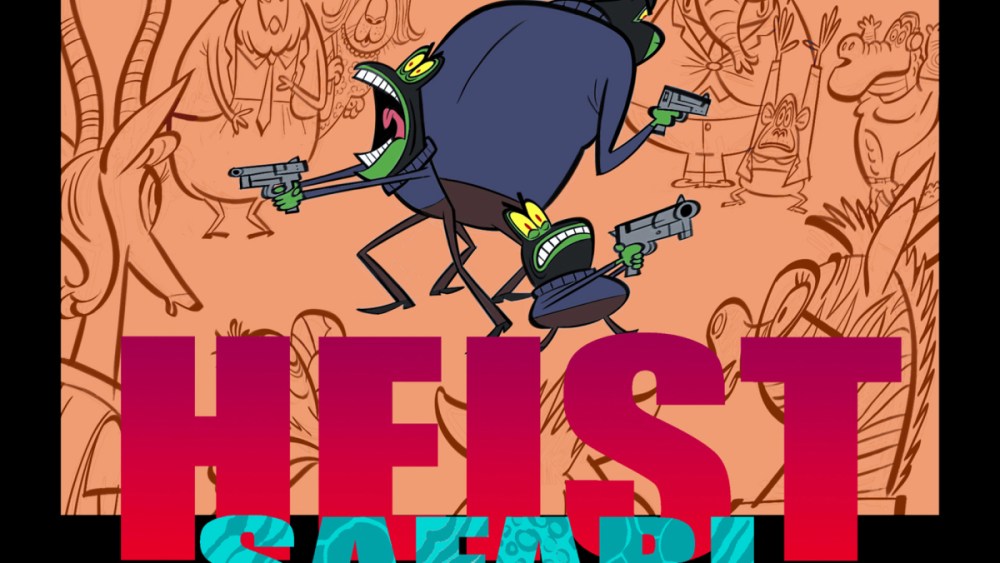
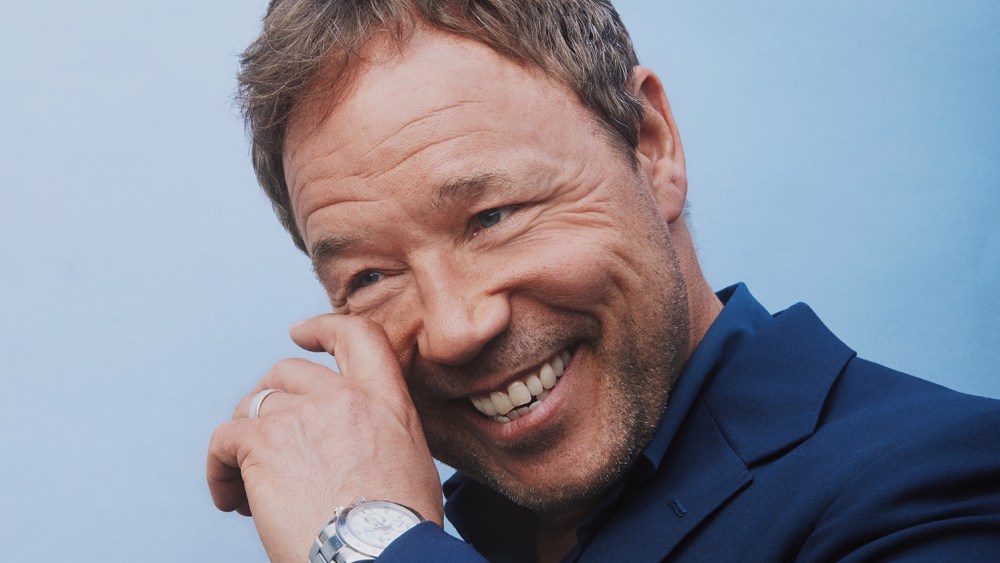
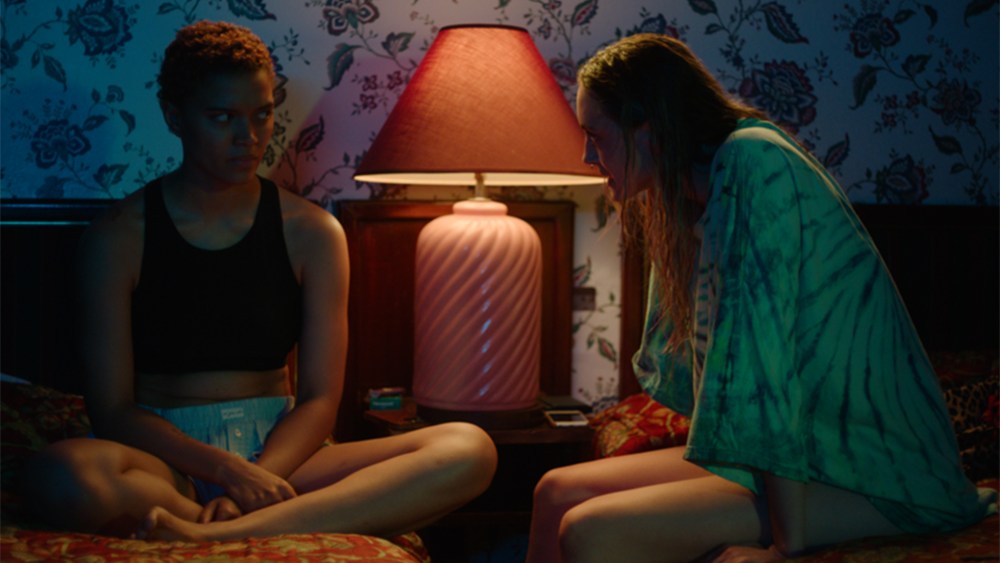
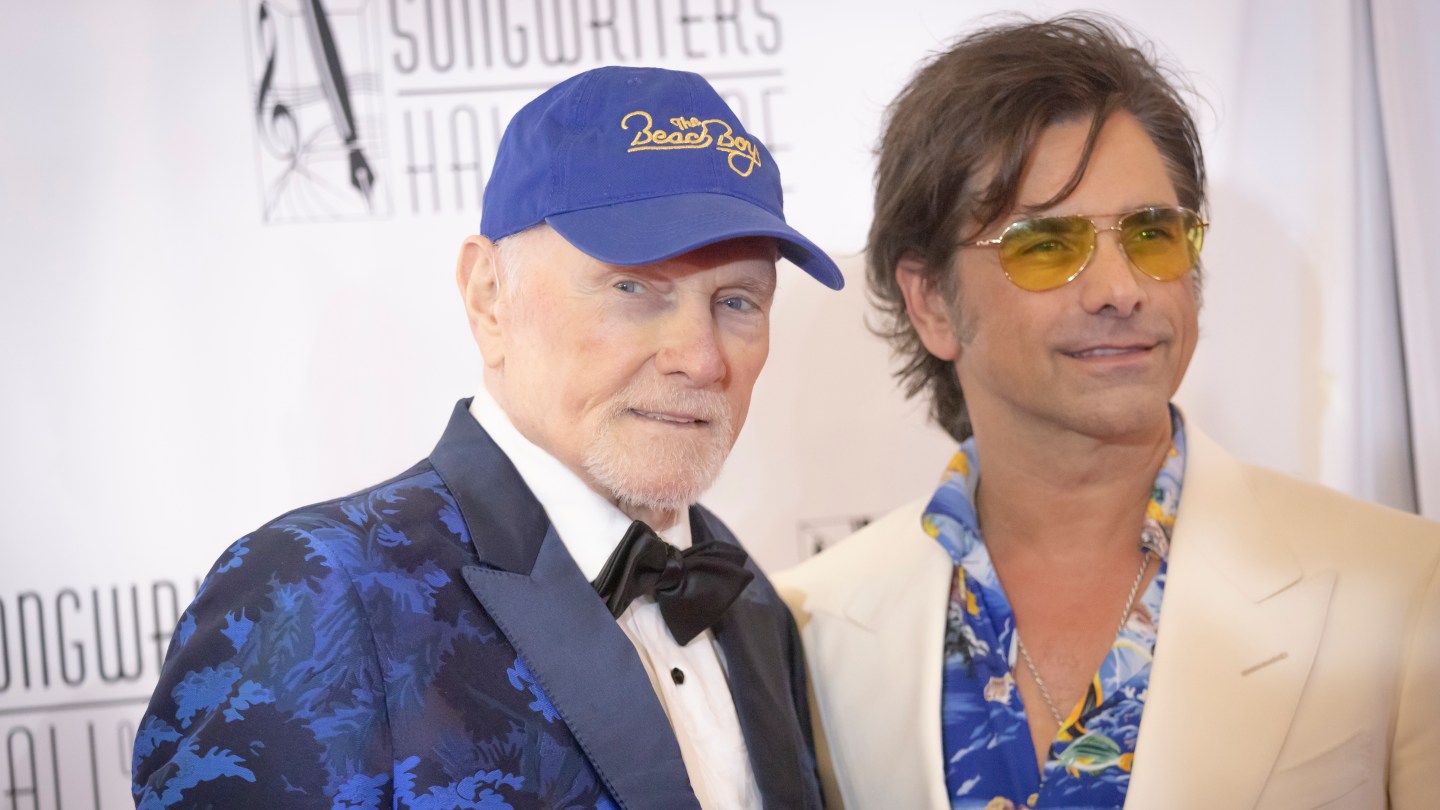
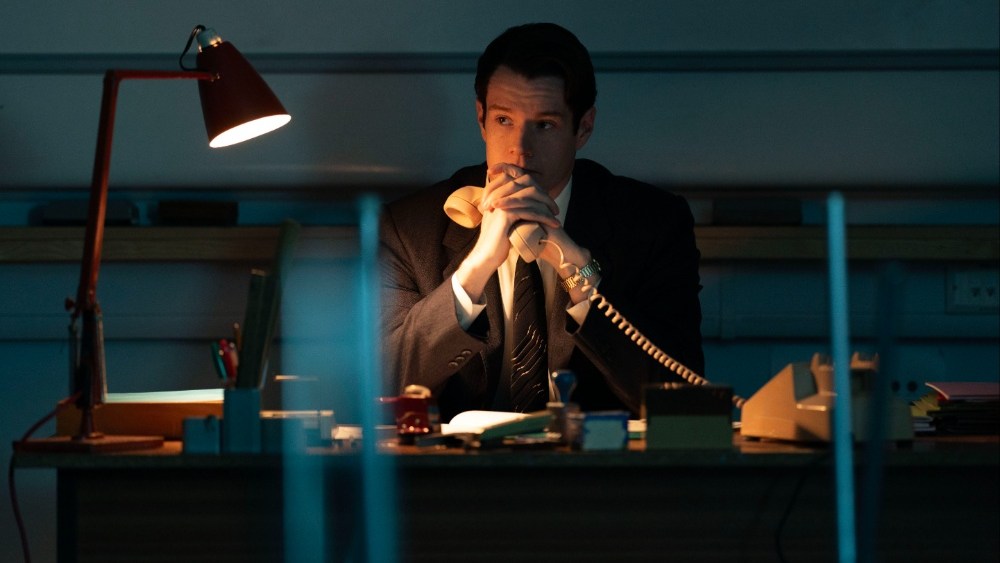
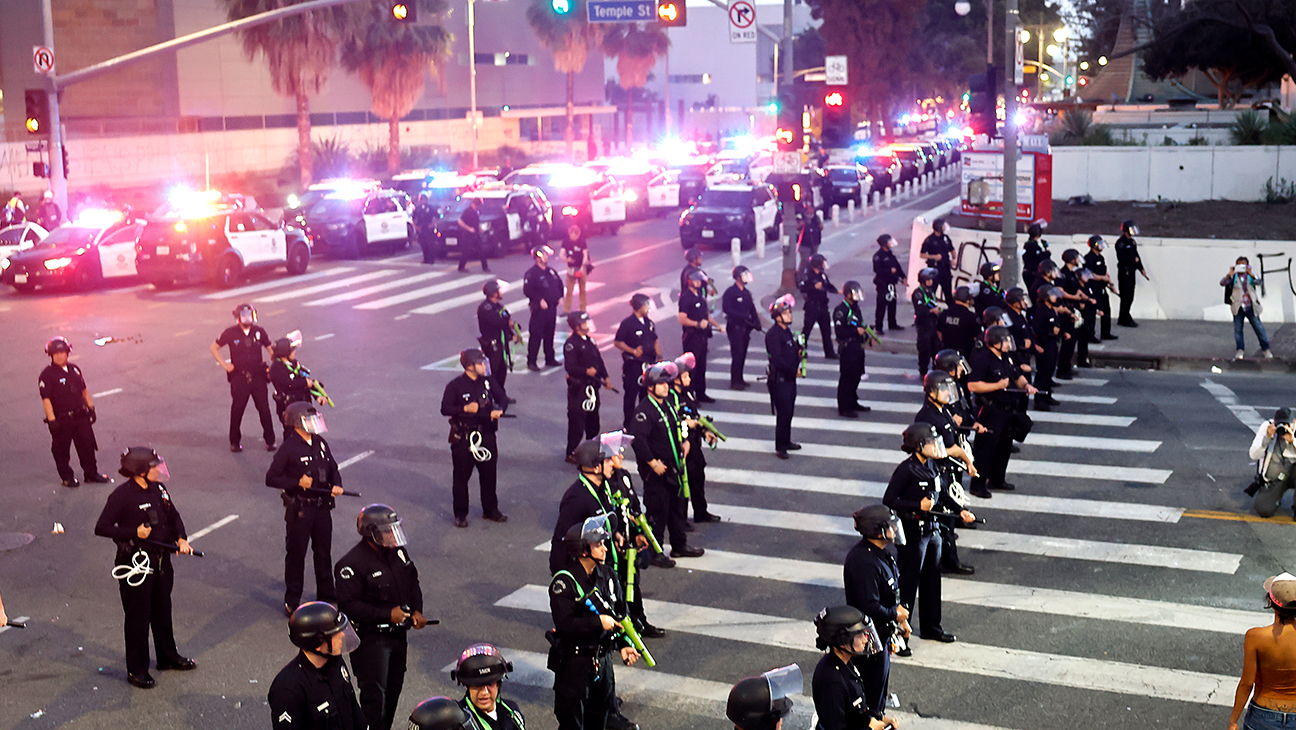
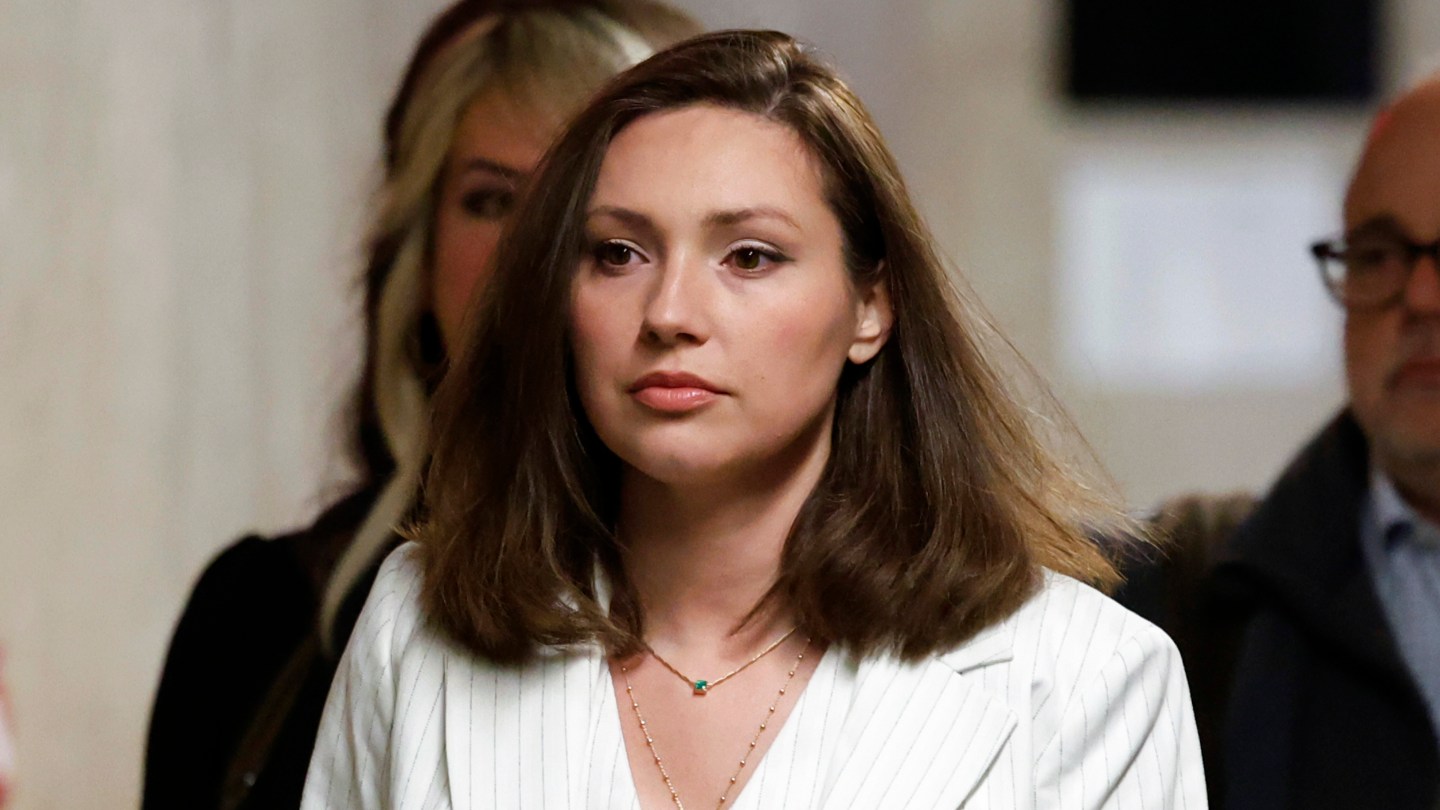

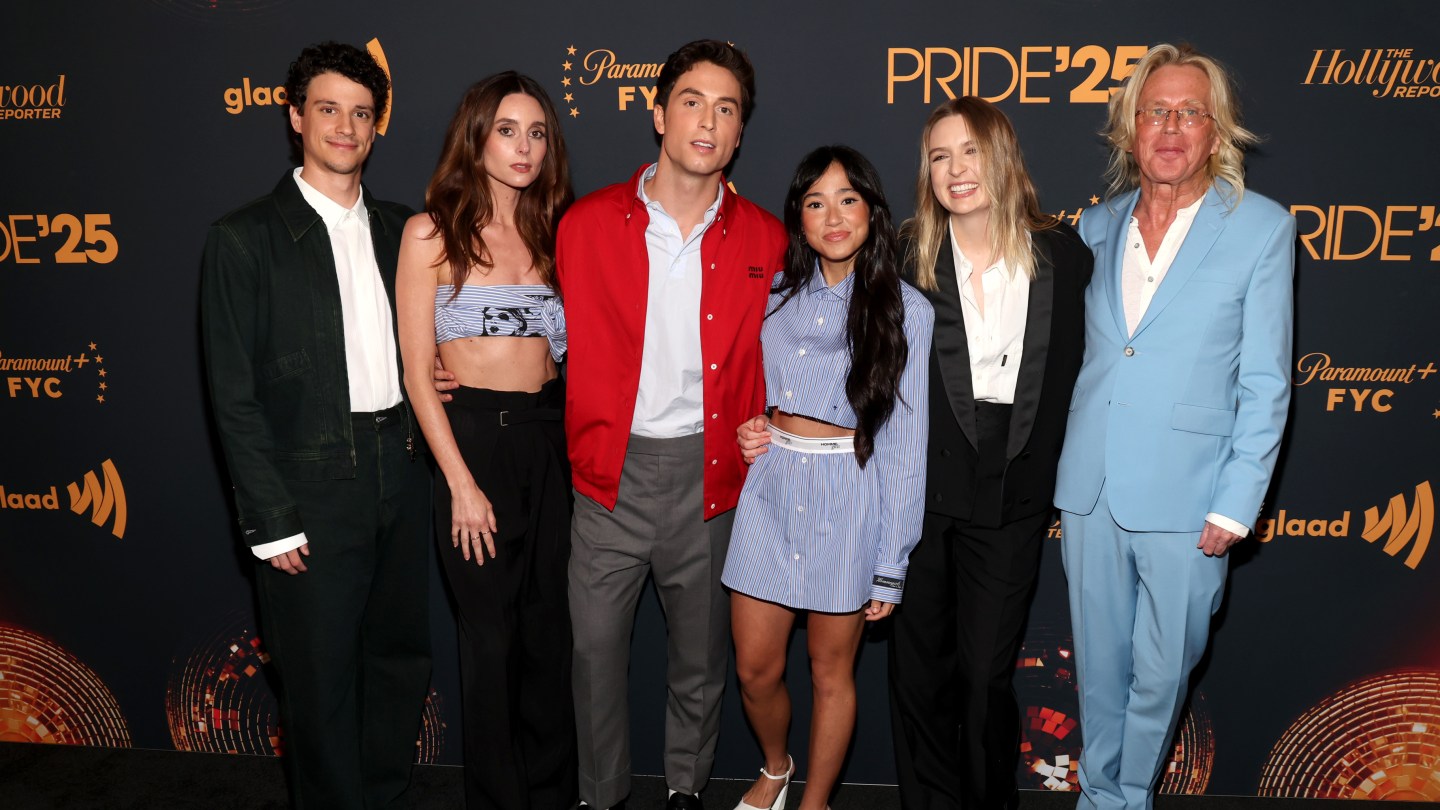

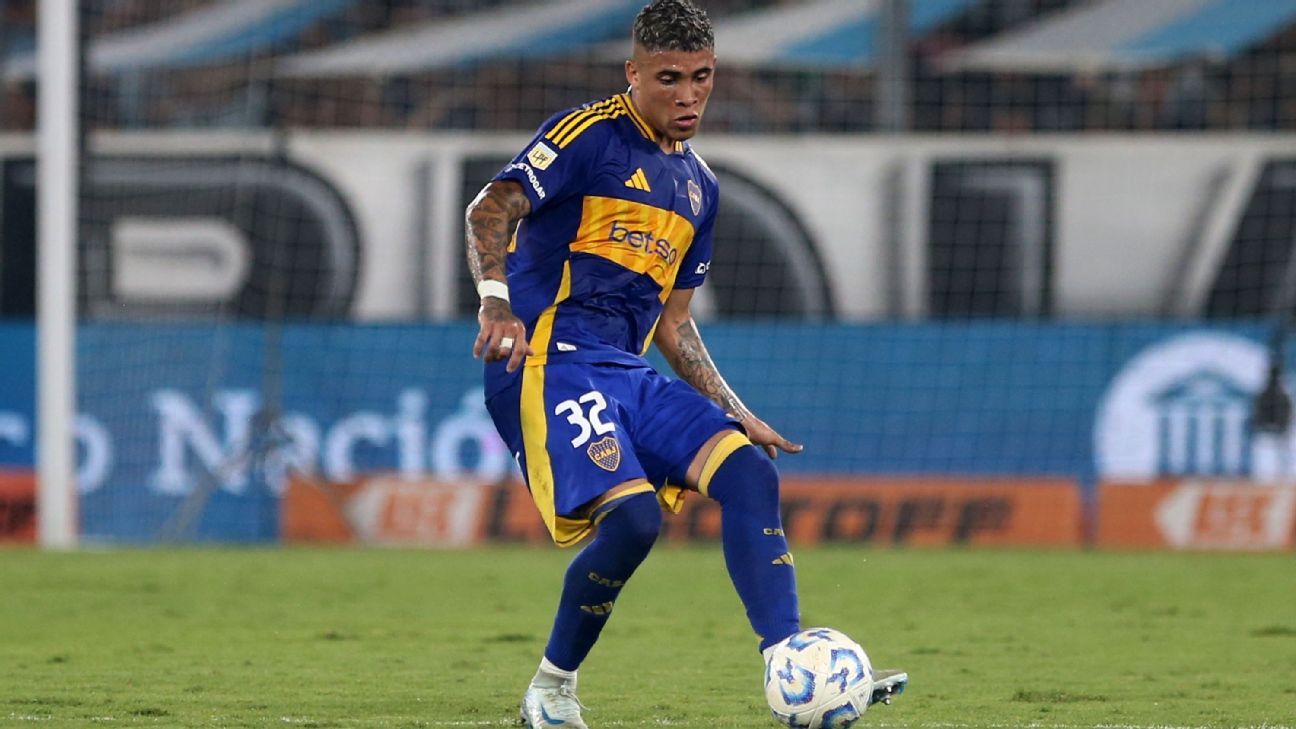
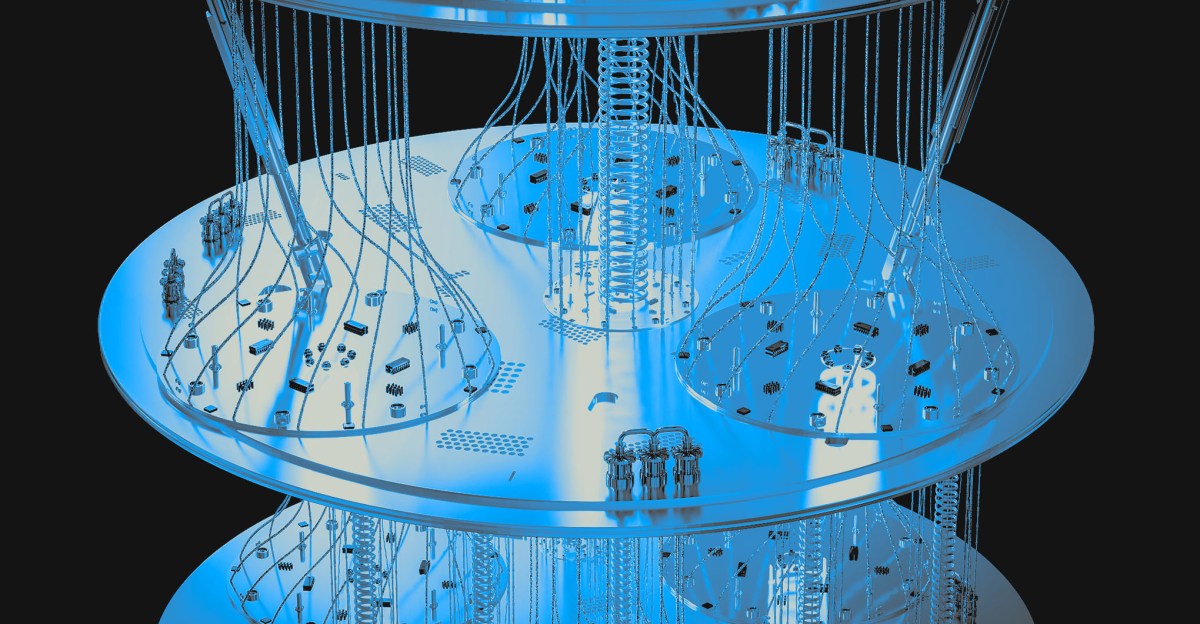
Leave a Reply